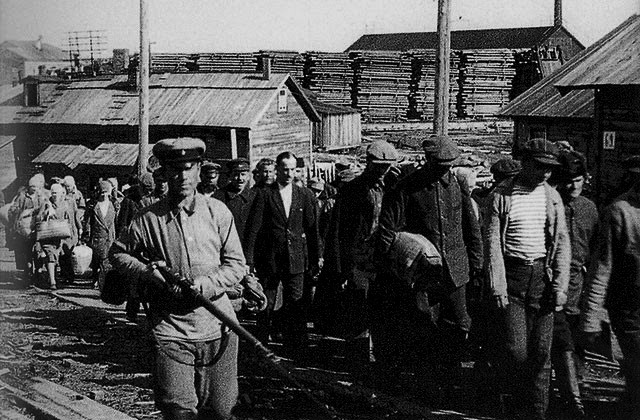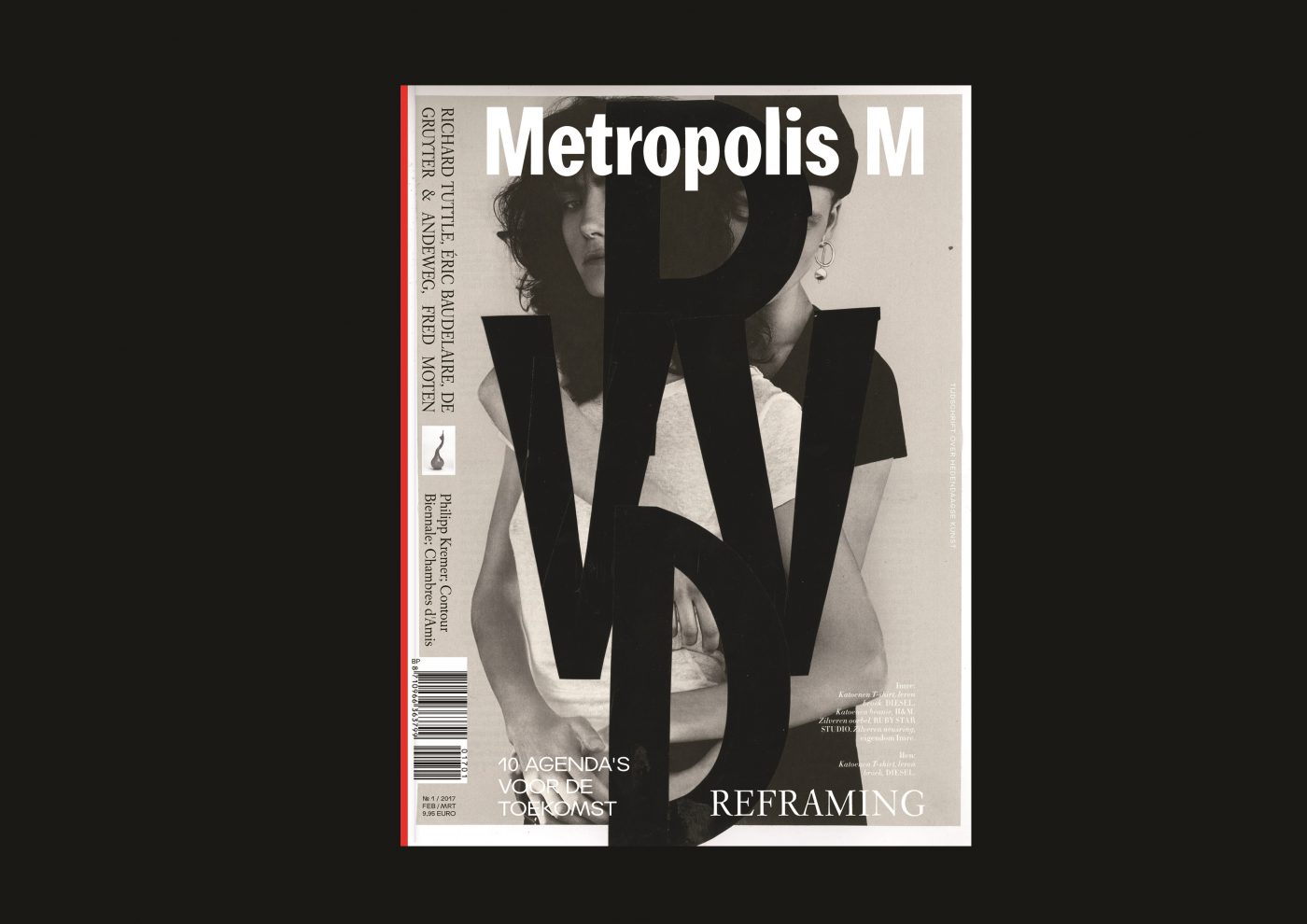
2017-2057: Gearing up for the Long Haul – a Column by Victoria Ivanova
Ascribing a certain exceptionalism to the turbulences that are coincidental to one’s life-time might be a trans-historical feature of the human psyche, or perhaps, it is a peculiar evolutionary trait that has developed out of the entitlement of modern progress and the repressed complexes of its constant failures. Having in the last couple of years been directly affected by a series of geopolitical shifts — albeit, very gently in comparison to many others — I have often asked myself whether my great-grandmother who had suffered the brunt of multiple discombobulating transitions — the First World War, the Russian Revolution, Soviet collectivisation, famines, Stalin’s repressions, the Second World War, the breakup of Soviet Union and the violence of primitive accumulation in eastern Ukraine in the 1990s, — equally considered the turbulences of her life-time to be exceptional. While extreme conditions tend to focus all of one’s efforts on the task of survival, thereby reducing one’s temporal horizons to immediacy, the luxury of relative safety and well-being underwritten by constant exposure to varying degrees of economic precarity, and informational landscapes permeated by large scale tragedies, over-amplified idiocy (however politically functional) and petty social media standoffs, at once allow for an extended temporal horizon to emerge and by the same gesture force upon it a paralysing sense of uncertainty and neurosis.
In the recent years, the demand to reclaim the future for progressive aims has been forcefully articulated by such authors as Nick Srnicek and Alex Williams in Inventing the Future (2014),[1] and cunningly woven into political campaigns by conservative/right-wing actors across Europe, in the US and in Russia. The gap between progressive theory and regressive actualisation has seemingly put yet another nail in the coffin of emancipatory politics, or so it may appear from the vantage point of 2016 new year’s eve. I’d claim, however, that instead of wilting, the project of affecting governance to better serve societies and the planet that is still enduring us, is highly promising to the extent that is has become so multi-faceted, and will bear fruit. Yet, at the most fundamental level, what we need to actively change — to echo some of Benjamin Bratton’s thoughts[2] — is the temporal scale according to which we judge impact and expect returns, while equally becoming more strategic about the deployment of our situated agencies.
In this sense, the question for me isn’t so much about a plan for 2017 but a commitment for the next three to four decades given the affordances and limitations of a rather generic tripartite position of researcher-writer-curator operating in the sphere of contemporary art. Having originally entered this field from human rights in hope of finding more nuanced and flexible means of attending to questions of social justice, over the time I became interested in operationalising the transnational realm of contemporary art as a platform for future-oriented lobbying. One of the greatest advantages of this field (which in many instances is also its greatest shortcoming) is the fact that it allows for unprecedented synthesis of insights from different disciplines and mutations of most diverse methodological approaches, while at the same time providing institutional leverages to legitimise one’s hybrid offerings. By the same token, contemporary art’s wide-reaching transnationalism means that networked configurations that are looking a couple of steps ahead of today’s geopolitical norms may be constructed.
[blockquote]What existing or emerging governance frameworks, digital and analog socio-cultural phenomena and geopolitical tides may be harnessed as bridges towards a socially embedded vision that will extend beyond our lifetimes?
If to side with Giovanni Arrighi, scholar of political economy and sociology, who has traced the evolution of capitalism via consecutive passing of hegemonic orders from the Italian city-states to the Netherlands, Great Britain and the US, we are currently on the cusp of a fresh transition.[3] At this juncture, what feels necessary is to at once acknowledge the limitations of the liberal framework to provide the images and templates that would be required for progressive future-oriented praxis, and yet to recognise and defend the liberal space as a pragmatically essential ingredient in fostering that kind of project. In this regard, the overarching question that is currently driving my praxis and will hopefully continue to do so for an ‘x’ number of decades is how could posthumanrights citizenship — i.e. citizenship that looks beyond the Westphalian model of structuring subject-rights relations and UN-style internationalism, and aims to provide for all — look, work, feel and be managed? What kind of institutional forms and societal norms would be required in order for it to function? How would it be integrated into speculative economic models that are at once aspirational but also depart from possible scenarios? What existing or emerging governance frameworks, digital and analog socio-cultural phenomena and geopolitical tides may be harnessed as bridges towards a socially embedded vision that will extend beyond our lifetimes?
DEZE COLUMN IS GEPUBLICEERD IN METROPOLIS M No 1-2017 REFRAMING ALS ONDERDEEL VAN EEN SERIE COLUMNS GEPRESENTEERD ONDER DE TITEL: WHAT’S TO BE DONE? STEUN METROPOLIS M. NEEM EEN ABONNEMENT. ALS JE JE NU ABONNEERT STUREN WE JE HET LAATSTE NUMMER GRATIS OP. MAIL NAAR [email protected] (ovv actie Nr1)

[1] Srnicek, N. and Williams, A. (2014) Inventing the Future. Postcapitalism and a World Without Work. New York/London: Verso.
[2] Bratton, B. (2011) “Ambivalent Remarks on Computation, Political Geography, Pedagogy” as part of Mobility Shifts, The New School, Oct. 10-16, 2011. Available at: https://www.youtube.com/watch?v=W-wNp5CgSrw. Accessed: 23 December 2016.
[3] Arrighi, G. (1994) The Long Twentieth Century: Money, Power and the Origins of Our Times. New York/London: Verso.
Victoria Ivanova
is curator en schrijver, Londen


















